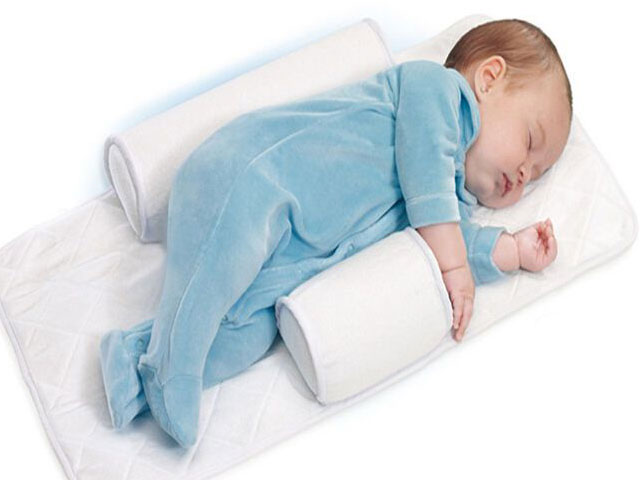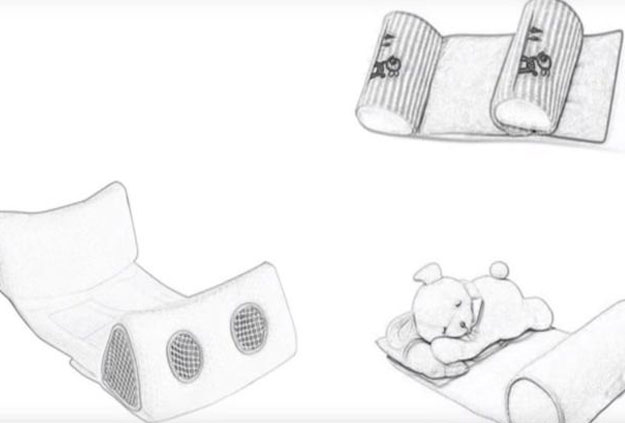
The positioners, aimed at infants less than six months, are intended to keep a baby in a specific position while sleeping.
However, according to a United States health regulator, baby sleep positioners "can cause suffocation that can lead to death" and have been linked to 12 infant deaths in the US.
Is Tesco coming to Pakistan?
Mothercare and Tesco have stopped selling sleep positioners, but they are still available from other retailers. eBay has also reportedly removed the products from its website.
The Food and Drug Administration (FDA) in the US released a statement explaining the items - often called "nests" or "anti-roll" products - have caused some babies to suffocate after rolling from their sides to their stomachs.
The two most common types of sleep positioners feature raised supports or pillows (called "bolsters") that are attached to each side of a mat, or a wedge to raise a baby's head, it said.
 PHOTO COURTESY: BBC
PHOTO COURTESY: BBCThe FDA had issued a safety warning seven years ago, saying, "in light of the suffocation risk and the lack of evidence of any benefits, we are warning consumers to stop using these products".
Mothercare had been selling a sleep positioner for $52.30 but is no longer for sale. It also came with a warning that it should not be used once a baby was able to turn around on its own.
Tesco, which sold sleep positioners on its website through a third party, said, "We have removed these products from our website as a precautionary measure."
Though sleep positioners are still available from John Lewis and Amazon.
Exclusive breastfeeding the most cost-effective intervention
The Lullaby Trust – a cot death charity that advises the NHS – maintains that there is no need to use any equipment or rolled up blankets to keep a baby in one position unless parents have been advised to do so by a health professional for a specific medical condition.
It recommends that babies sleep in cots "kept as clear as possible", with no pillows or duvets, no cot bumpers, no soft toys, no loose bedding and no products - such as wedges or straps - that keep a baby in one position.
This story originally appeared on the BBC.


1725443747-0/Untitled-design-(5)1725443747-0-165x106.webp)




1731735822-0/Copy-of-Untitled-(1)1731735822-0-270x192.webp)

1731570357-0/elon-musk-(1)1731570357-0-270x192.webp)







COMMENTS
Comments are moderated and generally will be posted if they are on-topic and not abusive.
For more information, please see our Comments FAQ